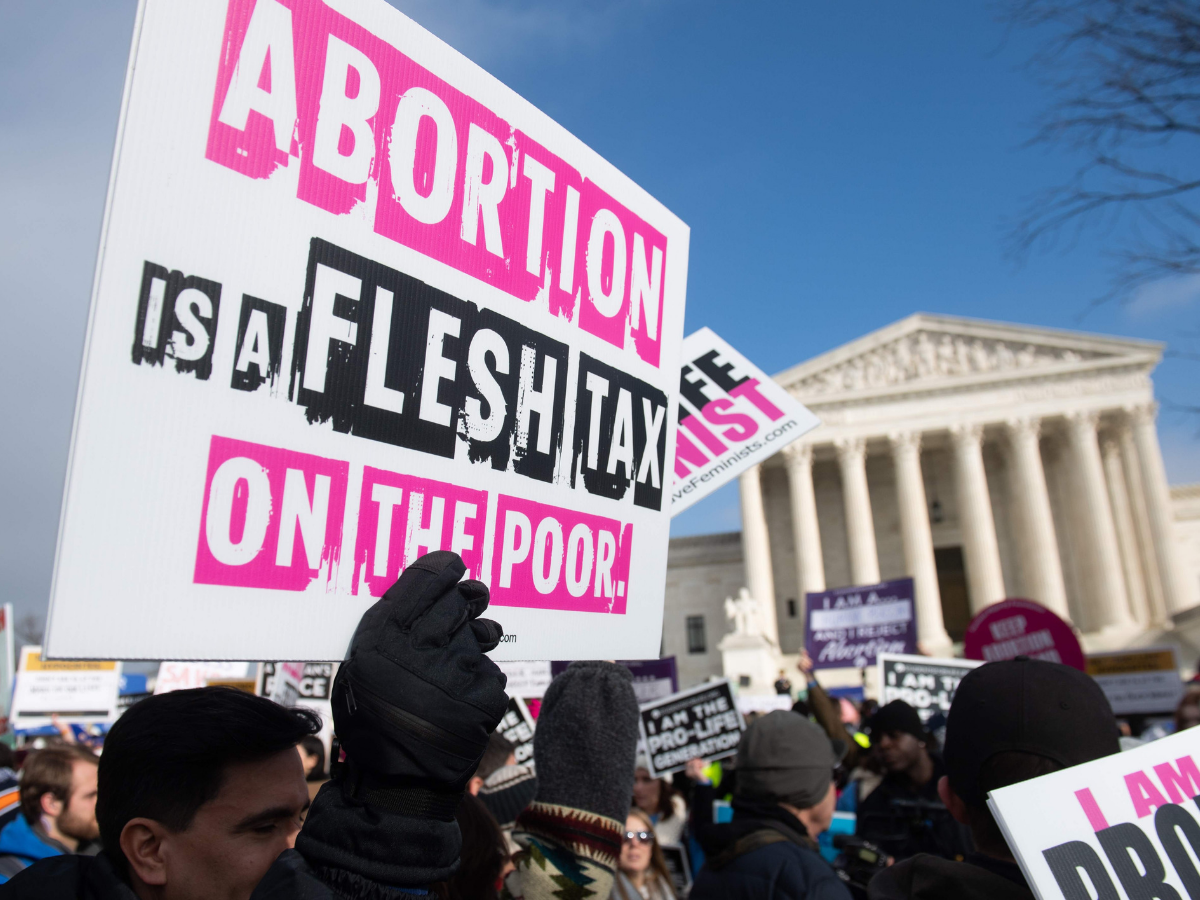 Alabama governor Kay Ivey on Wednesday was mulling whether to sign the US’ strictest abortion law, part of a multistate effort to get the US Supreme Court to reconsider women’s constitutional right to abortion. The state’s Republican-controlled Senate on Tuesday passed a bill that would outlaw nearly all abortions, including in the cases of pregnancies that resulted from rape or incest, allowing exceptions only to protect the mother’s health.
Alabama governor Kay Ivey on Wednesday was mulling whether to sign the US’ strictest abortion law, part of a multistate effort to get the US Supreme Court to reconsider women’s constitutional right to abortion. The state’s Republican-controlled Senate on Tuesday passed a bill that would outlaw nearly all abortions, including in the cases of pregnancies that resulted from rape or incest, allowing exceptions only to protect the mother’s health.The Republican governor is a strong opponent of abortion but has so far withheld comment on whether she would sign the bill. If Ivey signs the bill, the law would take effect six months later. But it is certain to face legal challenge.
Legislation to restrict abortion rights has been introduced this year in 16 states, four of whose governors have signed bills banning abortion if an embryonic heartbeat can be detected. The Alabama bill goes further, banning abortions at any time. Those performing abortions would be committing a felony, punishable by 10 to 99 years in prison. A woman who receives an abortion would not be held criminally liable.
The Senate defeated a Democratic amendment that would have allowed legal abortions for women and girls impregnated by rape or incest. Anti-abortion advocates know any laws they pass are certain to be challenged. Courts this year have blocked a restrictive Kentucky law and another in Iowa passed last year.
Just this year, Georgia, Kentucky, Mississippi and Ohio have outlawed abortion after a doctor can detect an embryonic heartbeat. Opponents call the “heartbeat” legislation a virtual ban because embryonic cardiac activity can be detected as early as six weeks, before a woman may be aware she is pregnant.